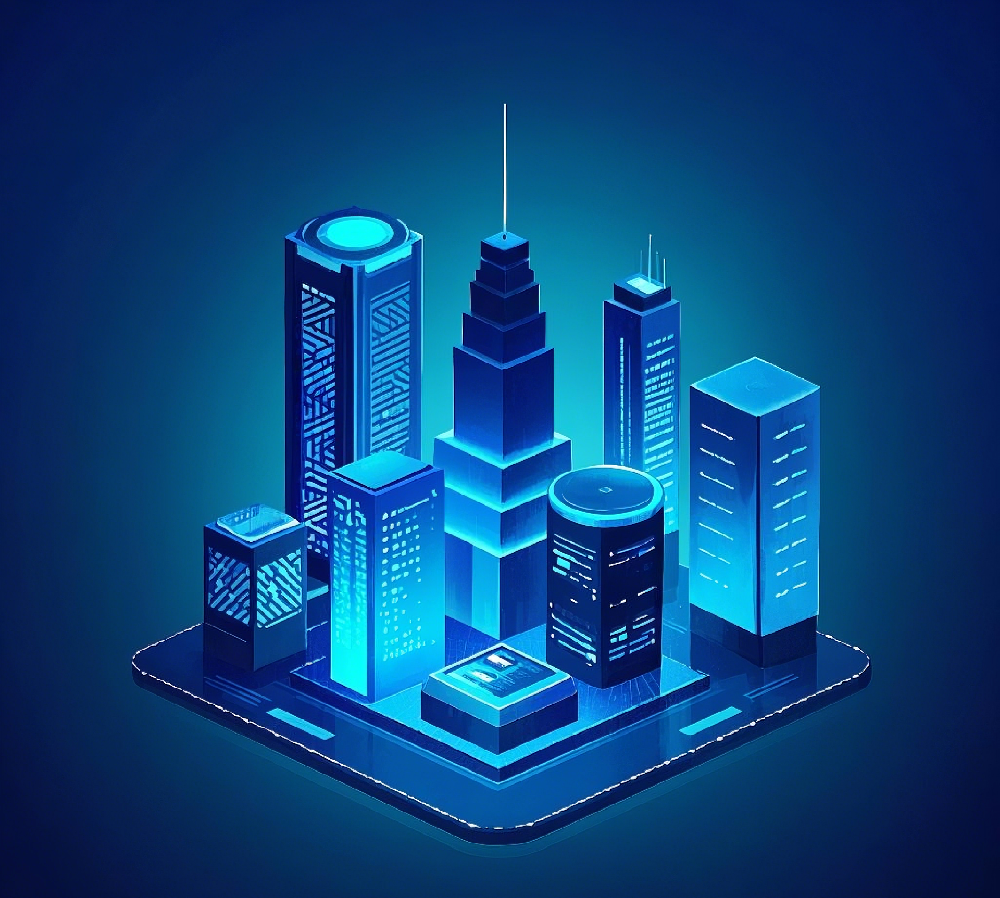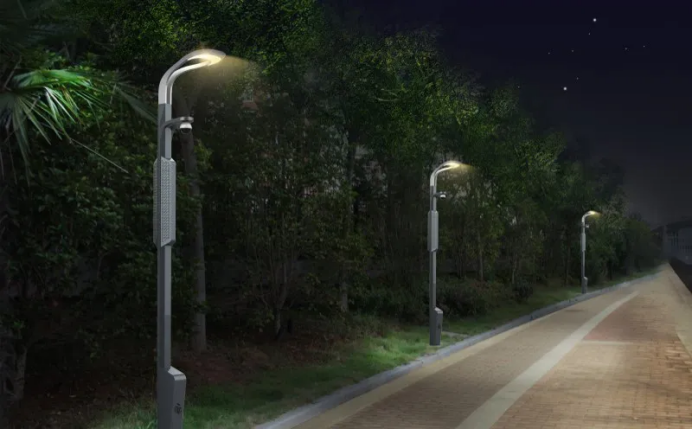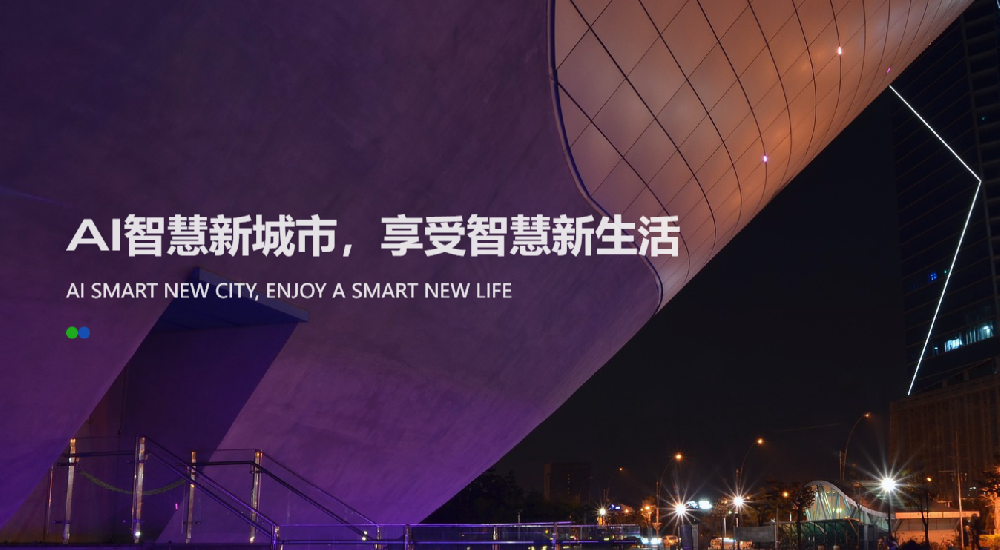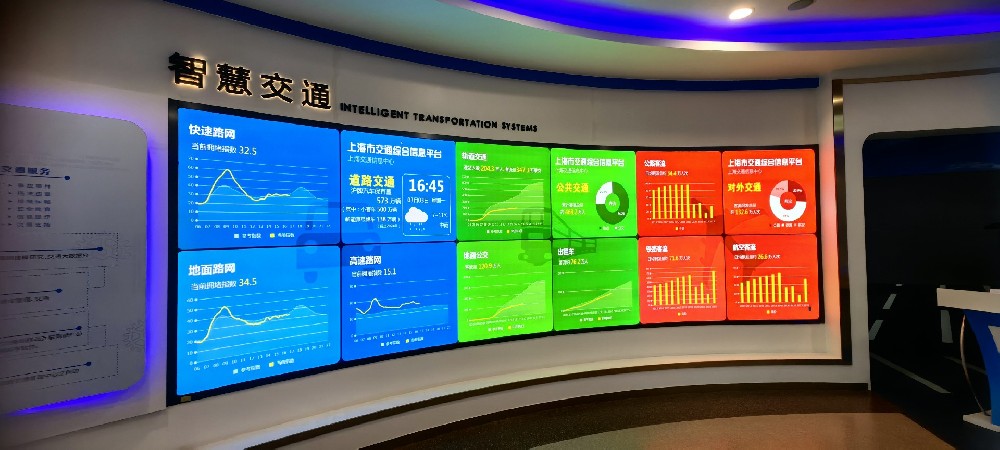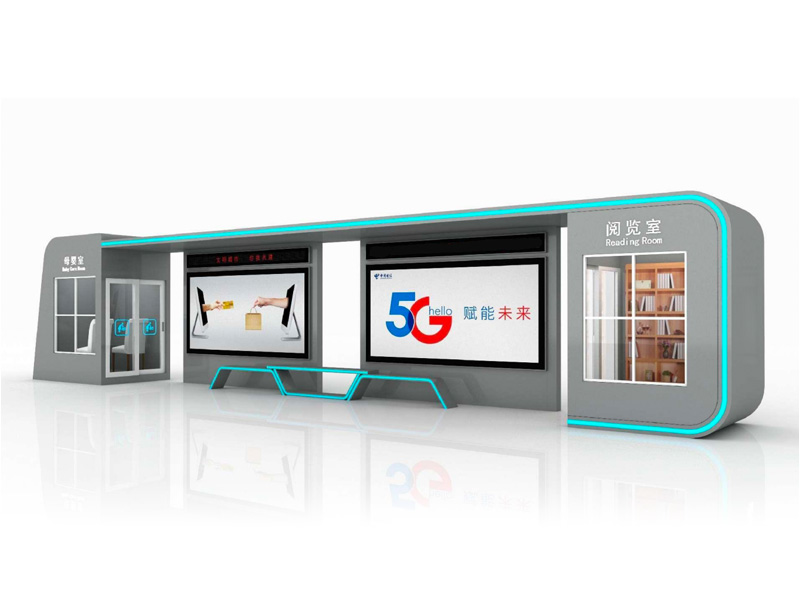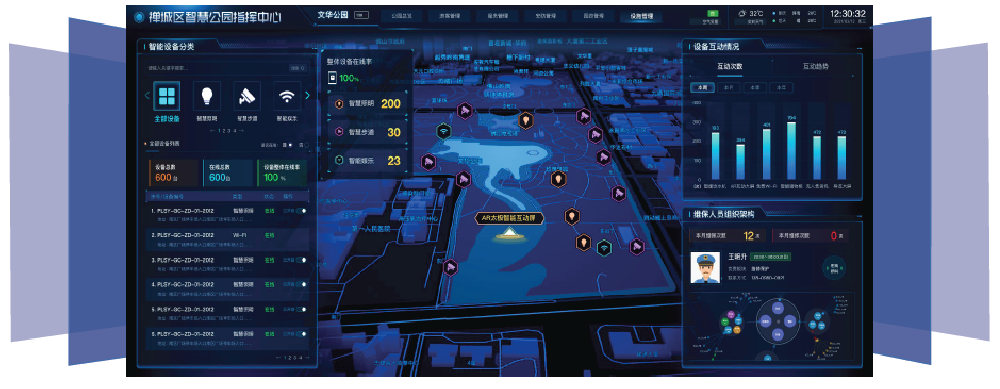In today's global digital economy wave, smart parks, as important carriers of urban and industrial transformation and upgrading, are ushering in unprecedented development opportunities. Embrace change, vigorously promote the construction of smart parks, and through the deep application of new generation information technologies such as the Internet of Things, big data, and artificial intelligence, create an intelligent, green, and efficient operating environment for enterprises entering the park, effectively driving regional industrial economy towards a new stage of high-quality development.
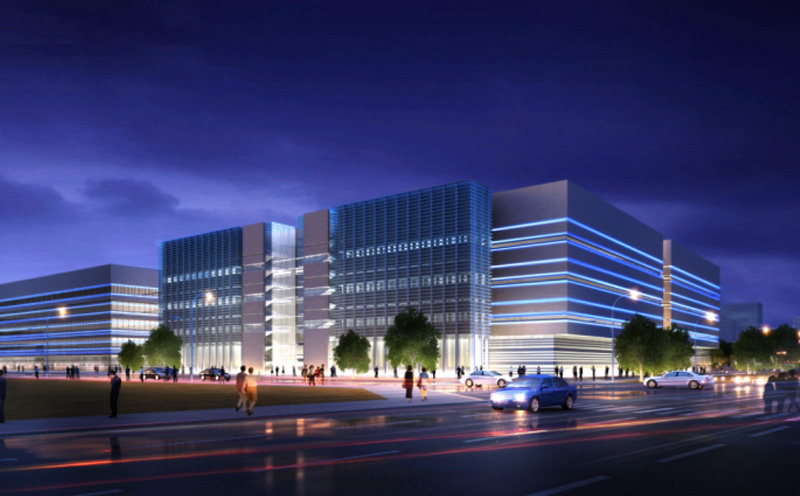
1、 Empowered by technology, park operation and management have entered the era of "intelligence"
Say goodbye to the traditional extensive management mode and introduce advanced "smart park solutions". Based on a unified "intelligent operation center", managers can achieve comprehensive perception and dynamic control of elements such as people, vehicles, materials, energy, and safety in the park.
Intelligent security upgrade: high-definition video surveillance, facial recognition access control, perimeter intrusion alarm, intelligent fire linkage and other systems are used to build a three-dimensional security network that is 24/7 and has no blind spots, greatly improving the security level of the park.
Convenient driving experience: applications such as automatic license plate recognition, parking guidance and reverse car search, online reservation for visitors, and seamless passage have significantly optimized the efficiency of personnel and vehicle entry, exit, and parking, enhancing the user experience.
Facility intelligent operation and maintenance: Real time status monitoring and predictive maintenance of facilities and equipment such as elevators, air conditioners, and water and electricity pipelines are carried out through IoT sensors, reducing failure rates, extending equipment lifespan, and saving operation and maintenance costs.
2、 Green, low-carbon, and sustainable development have become the new calling cards of the park
The construction of smart parks is closely integrated with the "dual carbon" goal, actively building a green and low-carbon development model.
Smart Energy Management: Deploy smart meters, water meters, and energy consumption monitoring platforms to accurately analyze energy consumption in various regions and time periods, achieving visual management and intelligent regulation of energy use. By combining photovoltaic power generation, energy storage systems, and other applications, the comprehensive energy consumption and carbon emissions of the park can be effectively reduced.
Environmental intelligent monitoring: Real time monitoring of environmental indicators such as air quality, temperature and humidity, noise, and water quality in the park, timely warning of data anomalies, and providing data support for creating a healthy and comfortable working environment.
Green building concept: New or renovated projects generally adopt green building standards, combined with intelligent lighting, intelligent shading and other systems, maximizing the use of natural light and ventilation, and reducing building operating energy consumption.
3、 Upgrade services and create an industry ecosystem that is suitable for both industry and innovation
Smart parks not only focus on the intelligence of hardware, but also strive to enhance software service capabilities through digital means and create a first-class business environment.
One stop service platform: Develop exclusive apps or online platforms that integrate functions such as property repair reporting, conference room booking, policy inquiry, enterprise services, resource sharing, event publishing, etc., to achieve "one click response" to enterprise needs and make services "within reach".
Industrial resource docking: Utilizing big data to analyze enterprise profiles and needs, accurately matching upstream and downstream resources in the industrial chain, promoting collaborative cooperation and innovation incubation among enterprises within the park.
Improving employee well-being: The application of convenient facilities such as smart buses, smart retail, smart restaurants, and shared spaces, as well as personalized service push based on data analysis (such as health management and cultural activities), significantly enhances the job satisfaction and sense of belonging of park employees.
4、 Data driven, providing strong support for park decision-making and enterprise empowerment
The massive amount of data generated during the operation of the park is a valuable asset. One of the core aspects of smart park construction is to build a 'data center'.
Scientific operation decision-making: Through visualized data screens and management cockpits, managers can grasp the panoramic operation of the park in real time, accurately attract investment, optimize resource allocation, evaluate policy effects based on data insights, and achieve scientific decision-making.
Empowering enterprise development: Providing valuable macro data (such as industry trends, regional economic analysis) and micro services (such as self energy consumption analysis reports) to enterprises while ensuring data security and privacy, helping them optimize operations and seize market opportunities.
Efficient emergency management: Integrate various perception data and emergency plans, build a smart emergency command system, and enhance the ability to quickly respond to and coordinate the handling of emergencies.
Outlook:
Continuously deepen the construction of smart parks and promote the integration and innovation of technologies such as 5G, artificial intelligence, and digital twins with park scenarios. In the future, smart parks will not only be spaces for enterprises to gather, but also a new highland of digital economy where innovative elements converge, industrial ecology prospers, and green intelligence leads, injecting strong momentum into the high-quality development of regional economy and society.
